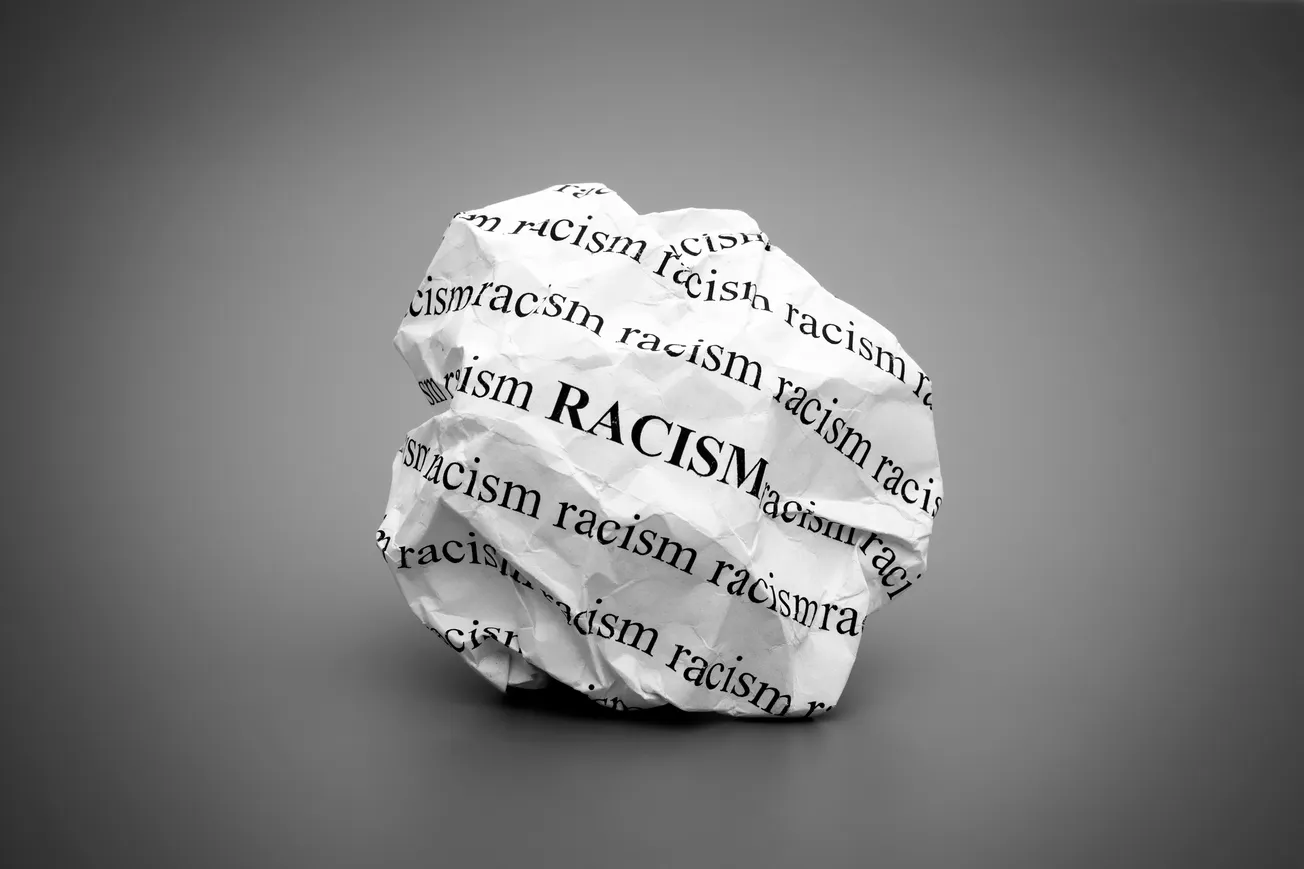Table of Contents
While browsing through Stuff, I came across an opinion piece that looked interesting given the amount of worldwide publicity around Black Lives Matter at the moment.
“Doing well for a Maori”: My experience of racism in New Zealand.
As a European New Zealander, one who was actually born in Europe and considers himself fortunate and privileged to be a citizen of this country and to share in its bounty, warts and all, I was naturally interested in the headline and was looking for food for thought.
Freeman Apou writes of a social gathering he attended on Saturday night
One of my friends thought it would be appropriate to say that it was probably far better to be Maori than it is to be an American Indian”.
Classically, he is a white male.
If you can’t see the issue with this banal rhetoric, you’re probably contributing to the overall problem.
Frankly, I have to concede I’m becoming a little tired of constantly being the subject of abuse simply because of who I am: “Classically a white male” (At least I assume I fit the description in the absence of any clear definition in the article of what that actually means, though the subtext would seem less than complimentary).
A few thoughts for consideration:
The author starts off by saying his friend “thought it would be appropriate to say” which really means he didn’t and doesn’t think it was at all appropriate. He describes him “Classically, he is a white male” as though that is self explanatory then points out that if we (the readers) “can’t see the issue of this banal rhetoric” we’re probably part of the problem.
I can agree that the rhetoric certainly seems reasonably banal. However, having raised the issue, I’d be interested in the writer’s views on comparisons, if indeed there are any, between the native American issue and our own colonial past. The fact that I’m “classically a white male” (whatever that actually really means), shouldn’t prevent us having an intelligent discussion about it and we might well conclude that one of the indigenous groups has ended up better off than the other. Or maybe not. It doesn’t matter. Conversing openly is how we learn on both sides. But the chances that we’ll be able to converse at all will mean leaving behind all of those preconceived ideas about whiteness, colonialism, racism and more importantly, judgemental language:
But what does this all mean for the average reader? You’re likely one of two different personality types. The first is the cognitive dissonance personality. Nothing I say will change your mind and I’d be astonished if you read beyond the first paragraph before muttering “racial divide and media hype.” The second is wondering what they can do?
Why anybody would say this twelve paragraphs into the article is a mystery. The first personality type referred to won’t be reading it and the second type will still be wondering long after they’ve read it and long after that too.
But clearly, it wasn’t a great week for Freeman.
That week was a hard one overall. I had already experienced racial profiling that week; a friend told me I was “doing well for a Maori”. The assumption here was that Maori can’t achieve, and I’m an outlier because I’m a Maori medical student in my final year.
In the same week, a landlord for a property I viewed asked if Work and Income would be paying for my rent.
You need to change your group of friends mate. On your description, you’re knocking around with people who seem to lack sensitivity and common sense.
In reality, you’re doing well by comparison with the entire population and you should be proud of your success and all your cultures. Not many of us get to do year one medicine never mind the final year.
I get a sense for where this was trying to take us and the basic points might have some validity, except in this case, it ends up looking more like letting off steam than a reasoned appeal for change.
If you enjoyed this BFD article please consider sharing it with your friends.









